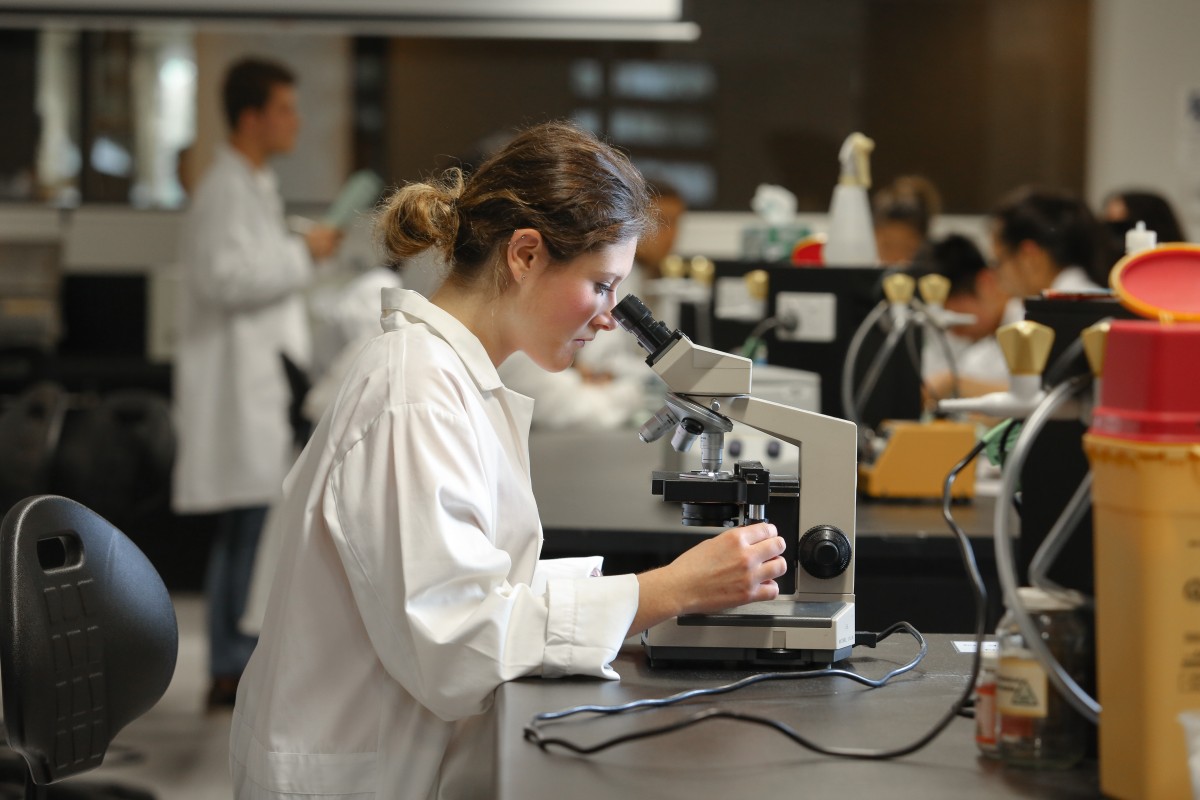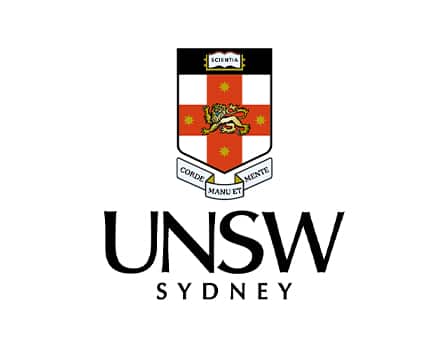While the contributions of extraordinary women such as Marie Curie and Barbara McClintock to the advancement of science throughout history are often highlighted, global recognition of the countless other women who are making notable and ground-breaking achievements today remains low.
This shortage of high-profile role models may be a contributing factor to the under representation of women in STEM. In a study released last year by the Australian Government’s Office of Chief Scientist, women were found to make up less than one-fifth of Australians qualified in science, technology, engineering and maths.
Despite almost equal numbers of men and women graduation from some Science degrees, female numbers decrease the further up the chain you go, with women filling only 14 percent of senior researcher and professor positions.
But the good news is they’re on the up. With institutions like the Faculty of Science at UNSW Sydney committed to levelling the playing field and highlighting the contribution of women, there is significant movement on gender equity in STEM.
While it’s not always easy blazing the trail, UNSW are developing a faculty of inspirational female scientists who are making a global impact on the issues that matter.
UNSW Dean of Science and leading marine ecologist, Emma Johnston, is changing the way young women view science through her ground-breaking and high profile research into the impact of human activity on complex marine ecosystems.
Johnston carries out her research in a diverse range of marine environments, including Antarctica, Australia’s Great Barrier Reef, and Sydney Harbour.
As the inaugural recipient of the Australian Academy of Science’s Nancy Millis Medal for Women in Science, Johnston is a keen advocate for the need to raise the profile of female scientists so more young women will be encouraged to pursue a scientific career.
“I think it is incredibly important to have female role models and recognition of women’s achievements,” she says. “Part of being able to become a successful scientist is to have the confidence to try.”
Johnston was the inaugural director of the Sydney Harbour Research Program at the Sydney Institute of Marine Science, leading a team of scientists working out how best to sustainably manage “one of the most biologically diverse harbours in the world”.
As Dean, she is head of a Faculty of more than 900 researchers, working across a very broad range of scientific disciplines. Students at UNSW will also have the opportunity to work alongside this award-winning scientist and teacher, who maintains a large team of postgraduate students and postdoctoral researchers in her Applied Marine and Estuarine Ecology Lab.
“One of the most important and fulfilling parts of my job is training the next generation of environmental scientists. And they inspire me with their energy and motivation,” she says.
L’Oréal-UNESCO Women in Science Award winner and leading quantum physicist Michelle Simmons is also breaking down barriers as senior professor at UNSW.
Director of the Australian Research Council Centre of Excellence for Quantum Computation and Communication Technology, Simmons oversees more than 180 researchers in six Australian universities who are working on a range of transformative new quantum technologies.
Her UNSW team is leading the international race to build a quantum computer in silicon, an advance that promises to have immense repercussions in all aspects of life.
“If you can use quantum states, you can do massively parallel processing that you just can’t do with a classical computer. This will have an impact on just about every industry, from the finance industry to logistics, to healthcare, defence – literally every industry that has a huge amount of data that they have to sort through,” she says.
Continually pioneering for not just women scientists but science in general, Simmons and her team of scientists are the proud originators of many world-firsts in the field. Her research group is the only one that can make atomically precise devices in silicon. They produced the first single-atom transistor in the world, as well as the narrowest conducting wires ever made in silicon – being just four atoms of phosphorus wide and one atom high.
Working alongside such impressive and innovative women can be a motivating experience for any student. Pair this with the exceptional facilities and outstanding quality of teaching at the Faculty of Science and graduates are destined for success.
The professional life of women science graduates is varied and the opportunities available to them are incredibly diverse. The skills obtained in the wide-range of courses on offer at the Faculty will stand graduates in good stead regardless of what industry they enter and whatever career path they choose to pursue.
Some, such as BEng Materials Science graduate and current PhD student Emily Yap, remain firmly in the science field forging the discoveries of the future. Yap is now working on her PhD as part of a team at the Commonwealth Scientific and Industrial Research Organisation (CSIRO) where she works on “new radical ways to generate X-rays” using electroceramic materials.
“It’s really cool to do a project that’s a collaboration between CSIRO and UNSW,” says Yap. “Being able to be a part of these two different environments has been really eye opening.”
A path in a different direction is also open to versatile science graduates with good analytical skills, as graduate Cathy Liu found. Liu studied a specialised degree at the Faculty, earning her a Bachelor’s in Materials Science and Engineering, and a Master’s in Biomedical Engineering. After leaving UNSW, Cathy landed her first job as an Analyst at the Reserve Bank of Australia.
“Studying a degree in the Faculty of Science is not just about gaining the knowledge, it’s also the skills you gain,” says Liu. “Through the different classes and also the Honours thesis in Science you gain a lot of critical thinking and analytical skills that really help you to develop a systematic approach to problem solving in the work place.”
UNSW is one of only two of the top-flight Go8 universities to gain the maximum five-star rating for employability performance indicators, making UNSW students highly sought after in government, industry and the not-for-profit sectors.
The Faculty is there to support and champion women throughout their studies and beyond. It is this that maintains their position as the origin of so many incredible women who are re-writing the book on what it means to be a global science pioneer.
You can follow the Faculty of Science at UNSW Sydney on Facebook, Twitter, YouTube and LinkedIn.
Liked this? Then you’ll love these…
5 global powerhouses in Science education
Helping define the frontiers of knowledge in modern Chemical and Biological engineering











